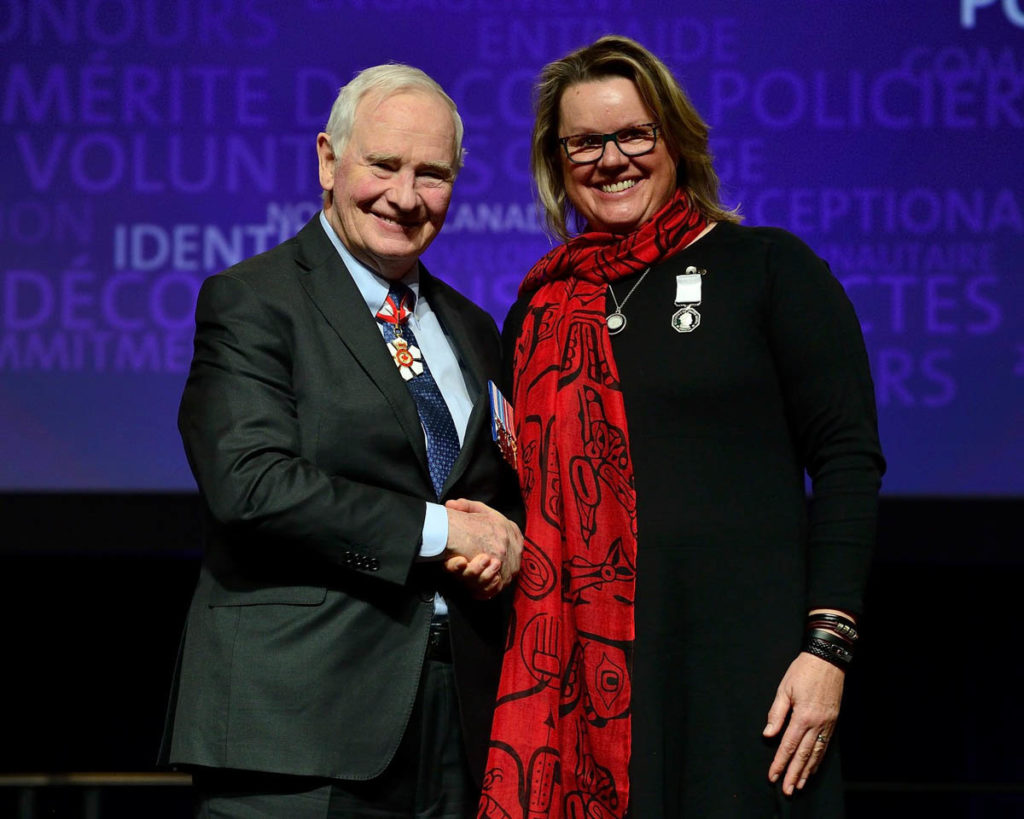 Sponsored by the Royal Canadian Geographical Society, the Arctic on the Edge/L’Arctique à la limite Expedition documents the life cycle of ice from Greenland to Baffin Island, south down the Labrador Coast, ending in Newfoundland
Sponsored by the Royal Canadian Geographical Society, the Arctic on the Edge/L’Arctique à la limite Expedition documents the life cycle of ice from Greenland to Baffin Island, south down the Labrador Coast, ending in Newfoundland
The polar region is warming more than twice as fast as the rest of the planet. That means that our northern geography is changing faster than anywhere else on earth. The esteemed scientific journal Nature reported in April 2017 that the Arctic is 3°C warmer now than baseline data from 1971 to 2000. The evidence is clear. The Arctic is undergoing a massive transformation at a time when we have barely documented what lies at the interface between the sea rapidly depleting ice. Arctic on the Edge will take a close look at the journey of sea ice and how it is transforming humanity and our natural world.
The story of sea ice begins in Greenland where glacial deposits meet calving grounds along the coast. In sheltered inlets, bays and fjords, glaciers march towards the ocean and calve into the sea. From here, they begin a voyage across the Davis Strait to Baffin Island and then south along the Labrador Coast to Newfoundland. In early 2017, reports indicate that ice conditions between Newfoundland and southern Labrador are the worst in recorded history hampering shipping and fishermen from their normal routes.
The Canadian Ice Service reported above normal ice melt in 2016, generally occurring 1-2 weeks ahead of normal across most of the Canadian Arctic, with some regions remaining 2-3 weeks ahead of normal through the summer. By early September, ice cover was the third-lowest on record, behind 2012 and 2011. With changing ice conditions comes a change in the way of life for people and wildlife in the Arctic. Now, more than ever, it is critical to document the stories of our connection’s with ice.
Learn more at: http://www.intotheplanet.com/arctic/

In March 2017, Jill Heinerth was presented with the Polar Medal by the Governor General of Canada at a ceremony in London, Ontario. The Polar Medal celebrates Canada’s northern heritage and recognizes persons who render extraordinary services in the polar regions and in Canada’s North. As an official honour created by the Crown, the Polar Medal is part of the Canadian Honours System.






